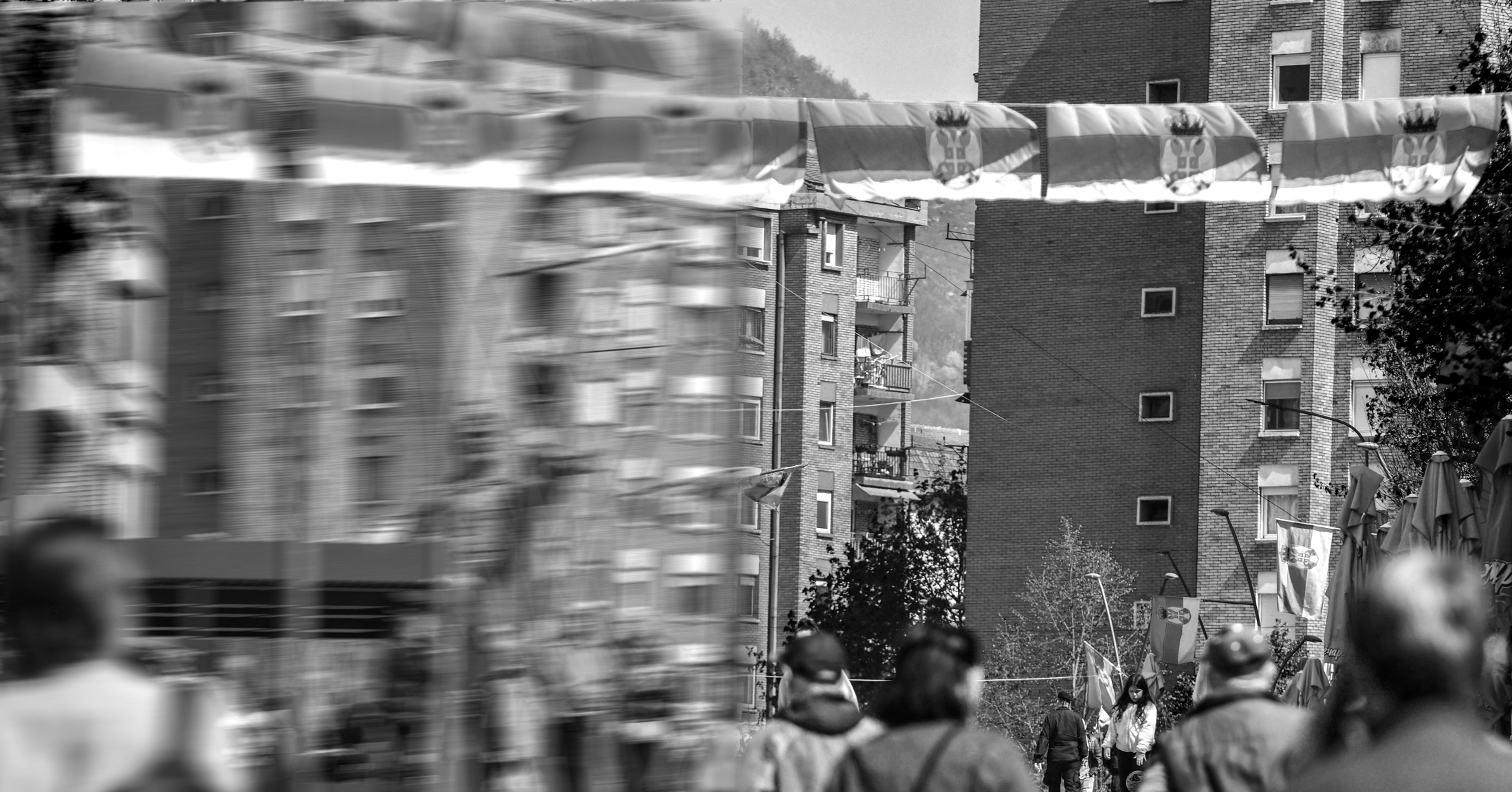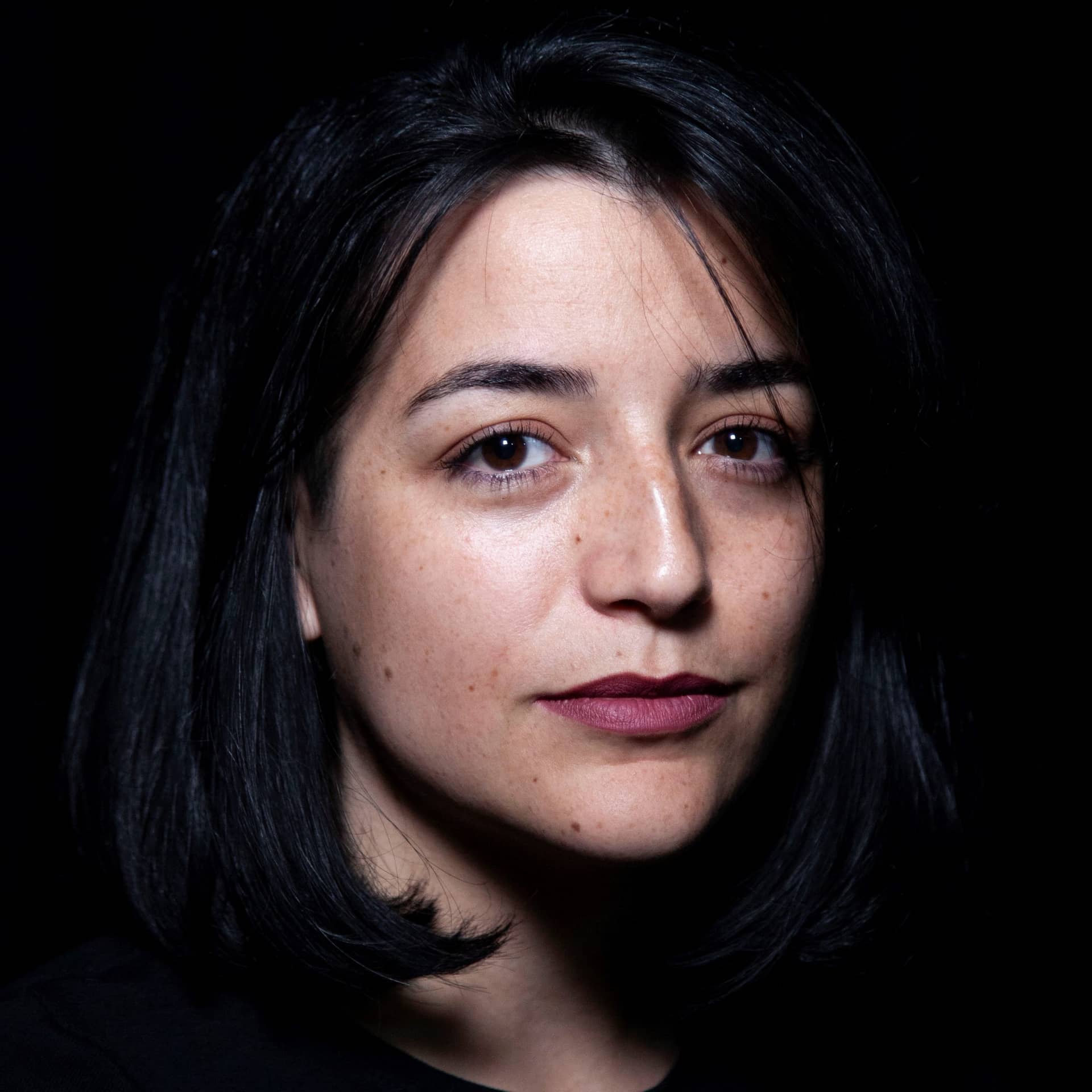
Political turmoil in the north
Developments but no progress.
|15.06.2023
|

Gentiana Paçarizi
Gentiana Paçarizi is managing editor at K2.0. She has completed a master’s degree in Journalism and Public Relations at the University of Prishtina ‘Hasan Prishtina’.
This story was originally written in Albanian.